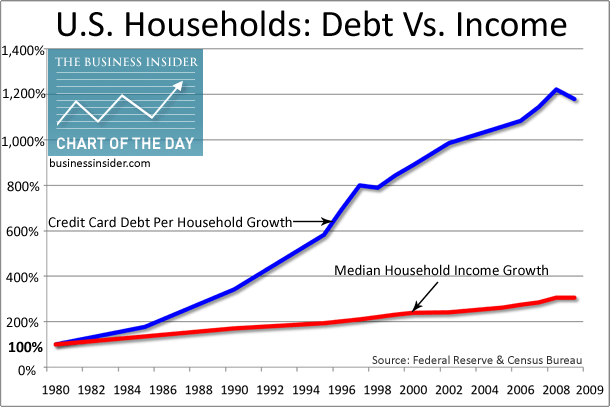Divorce in Africa
January 9, 2019

THOUGH the divorce rate in Africa is not increasing dramatically, women are becoming much more enthusiastic about leaving their husbands, according to a recent article on the phenomenon in West Africa. The New York Times makes interesting references to some of the causes of this shift:
Across West Africa, people are pouring into cities from the countryside, leaving behind parents and local traditions. The push for women’s rights has expanded, with more nations signing on to international commitments to gender equality. Governments have passed laws against domestic abuse and discrimination against women, and many nations now have ministries of women’s affairs.
….
Across Niger, imams attend workshops on women’s rights. School curriculums include lessons on the benefits of waiting to marry. In rural areas, the government and Unicef have assigned representatives to mediate between families and girls who rebel against marriage.
“In the past, girls didn’t dare refuse to marry,” said Sani Bakoye, one of the child protection workers, in a tiny village of Inkouregaou. “Now, they are daring.”
….
The new reality baffles many older people in Maradi, where Ms. Amadou sought her divorce, but the cultural shift is shouting all around them. Billboards, talk shows and even hip-hop lyrics remind young women of their rights as wives. Government-sponsored radio programs broadcast sermons teaching women that they have the right to leave failing relationships.
….
In Ms. Amadou’s case, she spent most of the day in the house, alone, finding company in her radio. She was a regular listener of a soap opera with women’s rights themes produced by the government and Unicef. She found herself relating to a character whose husband had mistreated her and who discussed her relationship with others on the show.
“They’d been saying that husbands just don’t care about their wives — and that was my problem,” she said. “My friends pushed me to stand up for my rights.”
As with feminism in America, a revolution from above is taking place. Foundations such as the Ford Foundation (which promoted feminism here), the H & M Conscious Foundation, and George Soros’s Open Society Foundation (here and here), as well as the United Nations, the United States government and corporations, are funding agencies that promote women’s independence from the family. What stake would these international giants have in fostering marital division?
Well for one, it expands the labor force. The family is a major obstacle to Big Business and Big Government. There is nothing more effective in creating a compliant female workforce than the institution of divorce. Divorce proletarianizes women, making them more consumed with material survival and neutering their collective strength in moral opposition to oligarchy. This isn’t liberation; it’s political control.
Here’s a statement from Cargill:
Empowered women play a significant role in global economic development – as employees, entrepreneurs, farmers, and through unpaid work, running the home and paying for children to go to school. In some of our origin countries, women make up more than half the agricultural workforce and they also take primary responsibility for children’s education and family nutrition. Research shows that the most effective way to address the worst forms of child labor and ensure more children attend school is by empowering women. Furthermore, when women are given the same access to resources as men, farm yields increase 20-30%1.
But gender inequalities remain deep-rooted in many communities and many women are still disproportionately affected by poverty, discrimination and exploitation. Women can only reach their full potential if they are able to work and access economic resources – including financial services, their own property and other productive assets – while developing their skills and gaining market insight.
We see the same old game that’s been played in the West for decades: promotion of the idea that women and men are separate and independent from one another, rather than inextricably interdependent. This false idea fosters division.
Here’s a graphic for women in Malawi from the non-governmental organization CARE that couldn’t be more explicit about men opposed to women:

The Times refer to the many men who are having a hard time earning a living. Could the fact that millions in foreign aid are being poured into economic opportunities for women in Africa have anything to do with it? Many of the loans and grants offered to the poor in the Third World are flagrantly discriminatory along sex lines. And then the U.S. government and pushy, faux-humanitarian agencies have the nerve to demand these countries provide “equal rights!”
Women’s empowerment in Africa means lower wages and a materialistic mindset for all with women in factories, not homes:

Multinational companies and their think tanks are bold in their claims:
McKinsey Global Institute estimates that if women participated in the economy as equal counterparts to men, it would add as much as US$28 trillion to the annual global GDP by 2025.
What nonsense. No one can possibly put a figure on the longterm immaterial effects of “women’s empowerment” on an entire culture. Here is the U.S. government (yes, that’s you) lecturing the people of Africa to follow the path of Americans to high personal indebtedness and family breakdown:
Changes to societal attitudes and cultural beliefs around gender roles, norms and female empowerment at the community and household levels have been slow especially due to systemic gender barriers fueled by deeply held and persistent stereotypes. Limited access to land and credit constrains the full participation of women in the economy, particularly as producers and business owners. Despite the introduction of the gender equality requirements into property and inheritance laws, there is still a significant gender gap in access to land. Access to formal sources of credit is also limited, and is more pronounced for women. Unpaid care and domestic work burdens limit women’s contributions in and benefit from productive activities, constrains their mobility, and limits their access to market resources.
Let’s hope Africans get with the program (not!):


